Despite being the nation’s third most populous city, Chicago remains oddly underrepresented on film. Loving natives like John Hughes, David Mamet, and Michael Mann really latched onto it and made it an integral aspect of the cinematic expression, but it remains an also-ran for a city of its size, ranking near San Francisco and Washington, D.C. in the number of films set there. Nevertheless, between Michael Bay leveling the damn thing in Transformers: Dark of the Moon and this week’s new release Divergent offering a futuristic glimpse at the metropolis, it might be time to take another look at its cinematic history.
For the record, I’ve seen neither Thief nor The Sting as of this writing. Someday! Someday…
10.) Ferris Bueller’s Day Off (John Hughes, 1986)
I have to be honest, I am not the biggest fan of Mr. Hughes. I get the impression that, like most hilarious stories of botched attempts at greatness, you really had to be there. But revisiting Ferris Bueller’s Day Off recently, at an outdoor screening in some suburb of Los Angeles or another, with a crowd full of nostalgia and food trucks, I found a lot of affection for this particular film. As potent a celebration of sociopathy and narcissism as a thousand Wolf of Wall Streets, Hughes’s film perfectly taps into the belief every white affluent teenager holds – that the entire world revolves around them – and brings it completely to life.
9.) Public Enemies (Michael Mann, 2009)
Mann’s John Dillinger biopic (of sorts) is one of the more fascinating entries into the genre, as aesthetically alive and invigorating as it remains somewhat distanced and cool towards its main subject. Shot entirely in digital, a first for the filmmaker who had been using it for some scenes over the preceding ten years, Mann removes the illusion that the past can be easily digested as an aesthetically-pleasing series of tableaus, and forces us right into the immediacy of the 1930s Chicago gangland. Sometimes abstracting his action in violently artistic ways (a shootout in the woods remains, for me, the film’s highlight), simply nobody has quite shown history in such a light. That he also directed Johnny Depp to a wonderful performance at the absolute low-point of the actor’s career is of no small note.
8.) Chicago (Rob Marshall, 2002)
I know, I know – this film did everyone the tremendous disservice of winning the Best Picture Oscar, the rare award granted more credence by those who claim to despise it than those who take an active interest. But, well, I still really like the damn thing, which is chock full of great numbers, three actors who absolutely get the movie they’re in and the role they have to play in it, and a director who…would sure like to make the movie they’re all working towards, anyway. But that enthusiasm is not for nothing; few musicals since have quite tapped into the same giddy excitement of the genre.
7.) The Break-Up (Peyton Reed, 2006)
I’ll never quite understand why Vince Vaughn hasn’t churned out a dozen films just like this. It made a ton of money, and it’s not like his reviews have improved at all. But I found this odd anti-romantic comedy to be pretty affecting, addressing the tenuous ties of modern romance and the seemingly endless attempts to appear as though you don’t care nearly as much as you actually do. While most modern rom-coms are stacked with characters who just can’t help but express how they feel, The Break-Up is about how frightening it is to put yourself on the line, and how fear inhibits us from making the most of even the good things we’re lucky enough to have right in front of us.
6.) The Blues Brothers (John Landis, 1980)
One of the great entries in the I-can’t-believe-they’re-letting-us-get-away-with-this genre, The Blues Brothers is one of the most pure films ever made – purely in love with the music, purely chasing the instincts of its creators, and so distilled in its good-versus-evil conflict that they had to gall to pit Dan Ackroyd and John Belushi against Nazis. Nazis!
5.) Tucker: The Man and His Dream (Francis Ford Coppola, 1988)
The cinema is chock-full of one-man-battles-the-system movies, and Coppola’s entry into the genre could easily be viewed as just another in a long line, but for one crucial difference – Preston Tucker eventually failed, and there’s a reason his name no longer conjures the association it held for Coppola as a youth. The film, which had some resonance in the midst of Detroit’s collapse as the automobile center of the United States (though the film does take place mostly in Chicago), is very much a story that continued in America from the postwar era up to the present day, as manufacturers have desperately tried to rid American cities of any competition, be in public transit or the electric car. And you’ve got to give it up for a film that calls attention to that, as well as how the entire postwar American industry slowly crushed innovation.
4.) Drinking Buddies (Joe Swanberg, 2013)
Guided, as usual, by only a vague desire, Swanberg traveled to Chicago to make a movie set in the local brewery scene. He came away with a deeply affecting look at the crossroads people sometimes get to, where they become more than friends but not quite lovers, and how they carefully explore the options going forward. While offering a fairly downbeat assessment of the things that motivate people to get into relationships, the film is, thanks especially to stars Jake Johnson and Olivia Wilde, frequently hilarious, and a surprisingly entertaining character piece.
3.) High Fidelity (Stephen Frears, 2000)
People just can’t help but get involved in destructive relationships in Chicago, it seems. Roger Ebert talks about La Dolce Vita as a film that he could mark his life by – he once looked up to Marcello, then found himself living precisely that life, then came to pity him. While I haven’t lead as exotic a love life as Rob Gordon (John Cusack), and that’s really saying something, I often feel much the same way towards this film. Rob’s a magnetic personality for young men – music-obsessed, with a knowledge base and record collection to back up his many opinions, he rules his small nest of friends, owns a record shop, and does very well with the ladies. But only to a point. That Rob narrates, in a refreshing breaking-the-fourth-wall fashion, so much of the onscreen action complicates our sympathies, but magnifies our empathy. Rob may be the bad guy for much of the story, but who hasn’t taken that role?
2.) Little Caesar (Mervyn LeRoy, 1931) and The Public Enemy (William A. Wellman, 1931)
Two Chicago gangster films. Two star-making roles (for Edward G. Robinson and James Cagney, respectively). Same year. Robinson would spend many dodging or subverting this archetype in various ways (ranging from a mild-mannered man who gets mistaken for a gangster in The Whole Town’s Talking to a gangster who goes undercover at a monastery, only to see the light, in Brother Orchid), but it remains one of his most indelible and entertaining. Cagney would top his work here many times over by fiercely chasing the same high. Both are in many ways the typical rise-and-fall story, the kind that Martin Scorsese made epic in Goodfellas, but it’s the numerous small touches on the part of their directors and cast that really make them so breathlessly entertaining, as funny as they are thrilling. Warner Brothers made the gangster film their prime product after their dual success here, but none were quite so pure.
1.) Glengarry Glen Ross (James Foley, 1992)
Unfortunate though it may be for Chicago’s many upstanding citizens, when I think of Chicago, this is the sort of atmosphere I imagine – cutthroat, petty, desperate people all out for the most minor of rewards. James Foley’s adaptation of David Mamet’s testosterone-fueled pile of rage (which the playwright himself adapted, changing aspects of the structure and, most famously, adding Alec Baldwin’s specter of doom) is one of the greatest stage-to-screen adaptations of all time, happily maintaining so much of what makes the original form work – slightly stylized acting, a limited number of locations – and bringing a genuinely cinematic perspective to it. Some complain that single-location films feel too “stagey,” but it’s not the variety that makes it cinematic; it’s the strapped-down simple act of shooting the damn thing.

















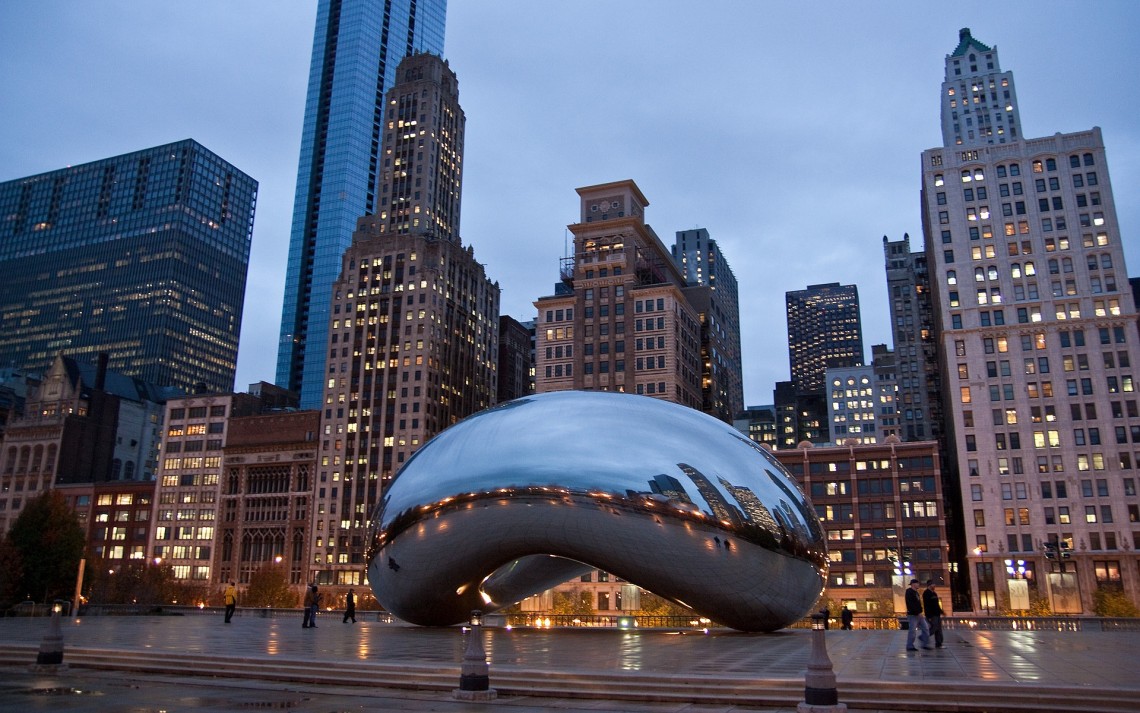
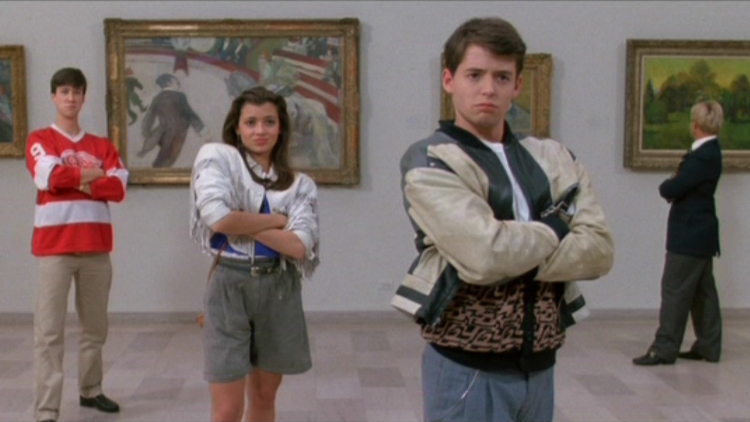
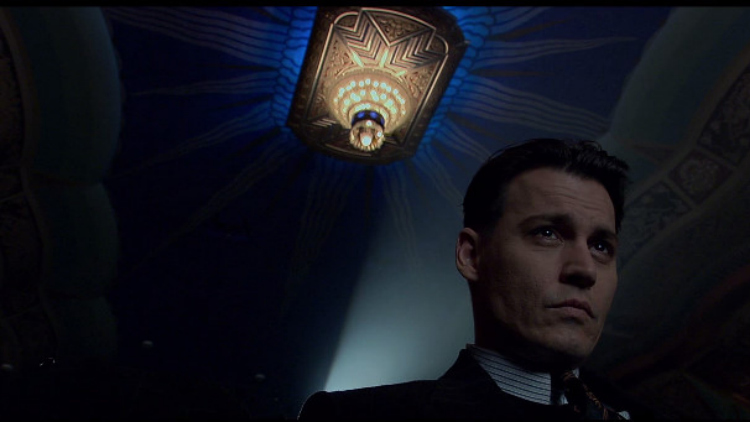
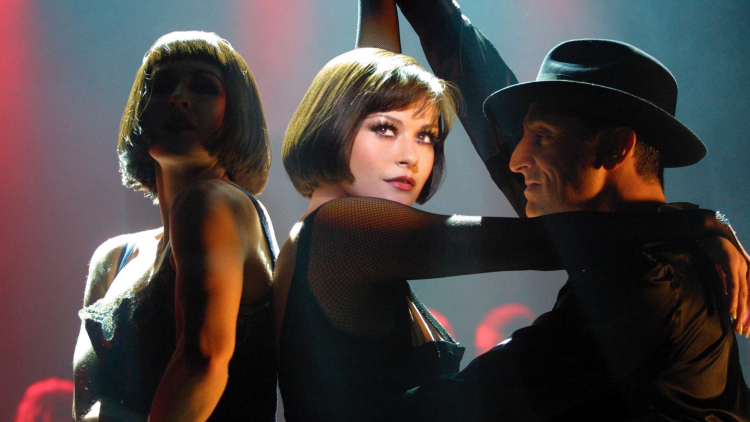
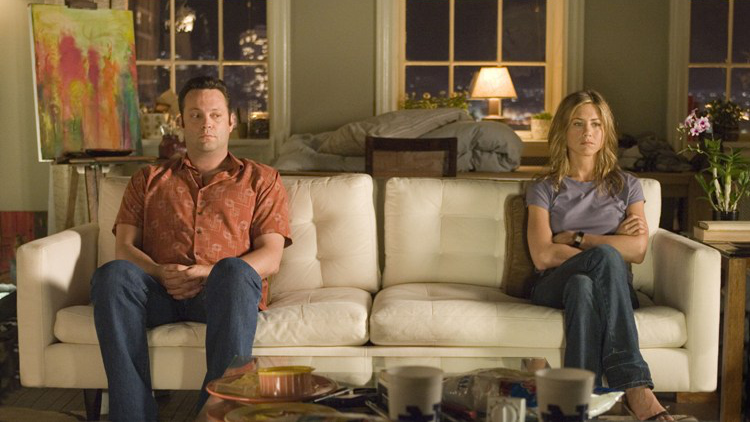
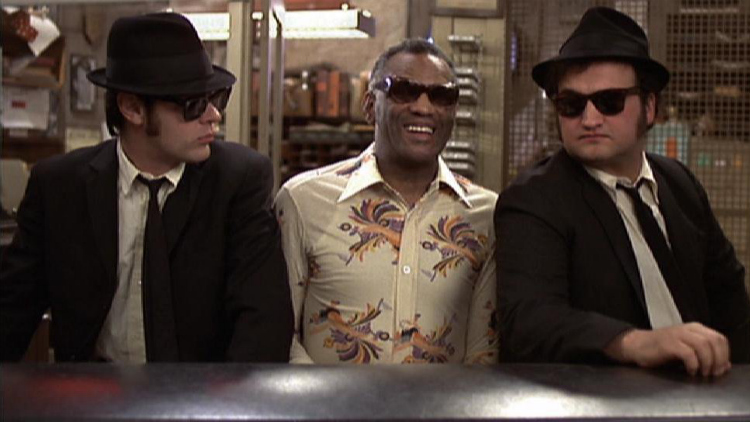
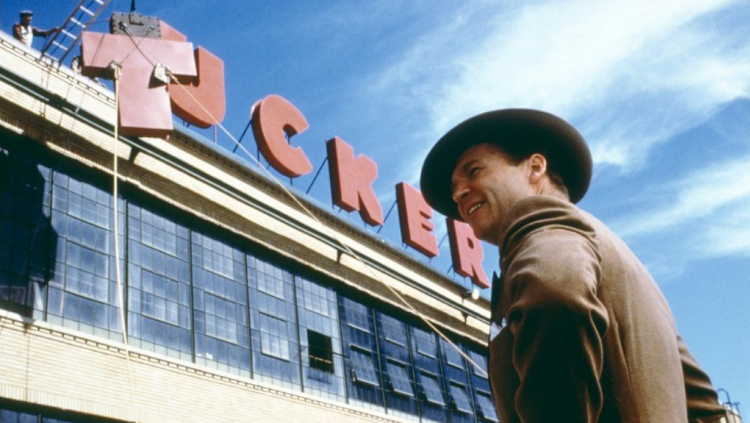
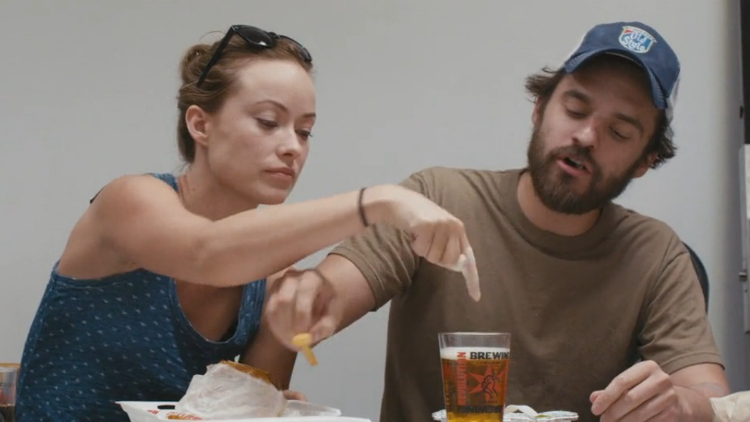
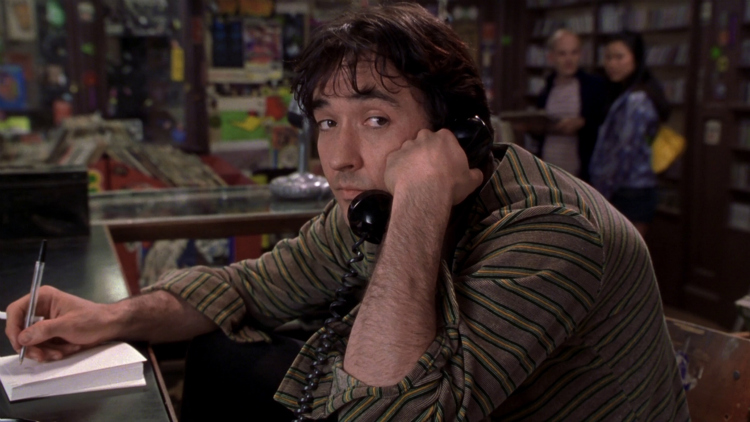
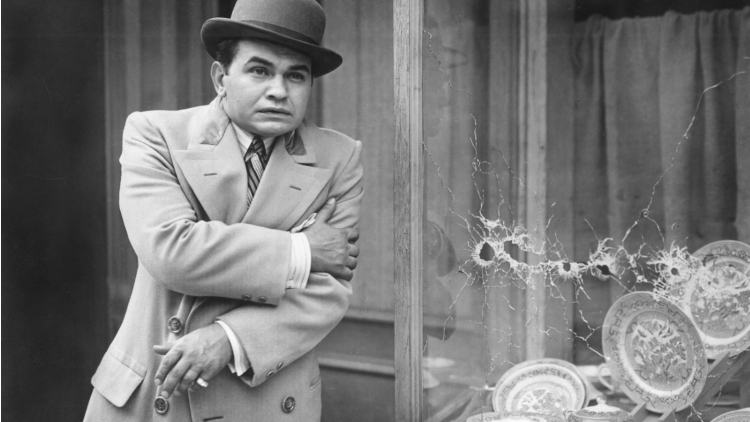
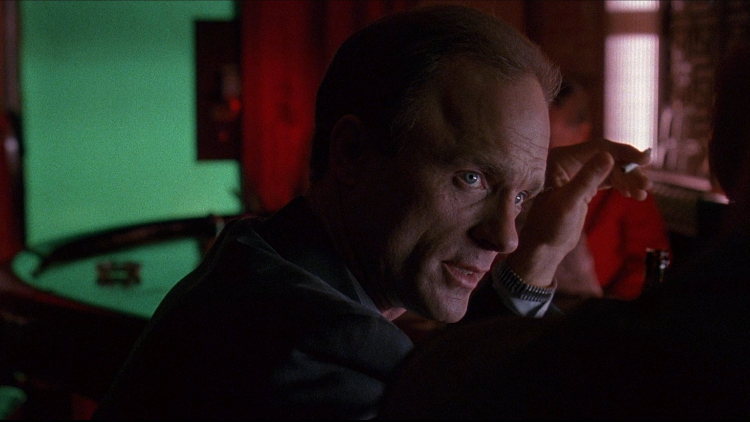
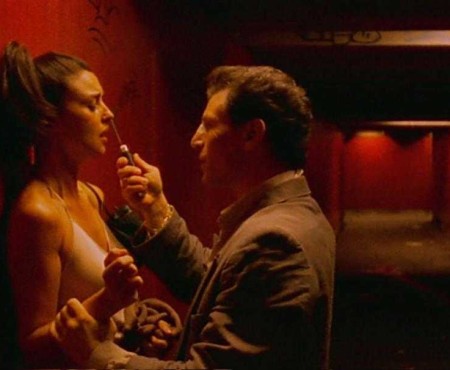
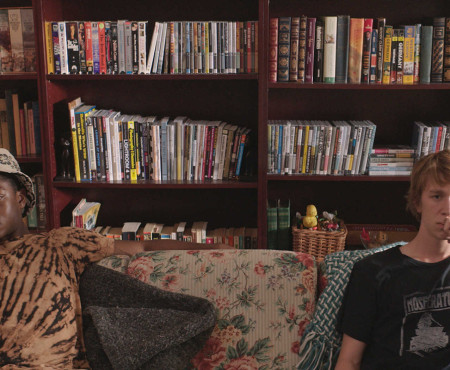
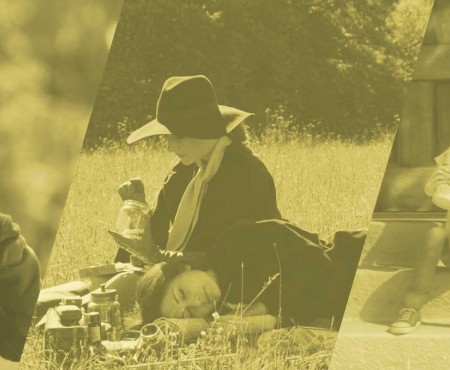
2 thoughts on “Top 10 Chicago Movies”
It’s great to see Drinking Buddies up so high among the more expected picks. It presents a Chicago that feels lived in and doesn’t just present the big landmarks.
That vague desire didn’t make Swanberg travel too far! He’s from, and lives in, Chicago. Pretty much all of his movies are set there.